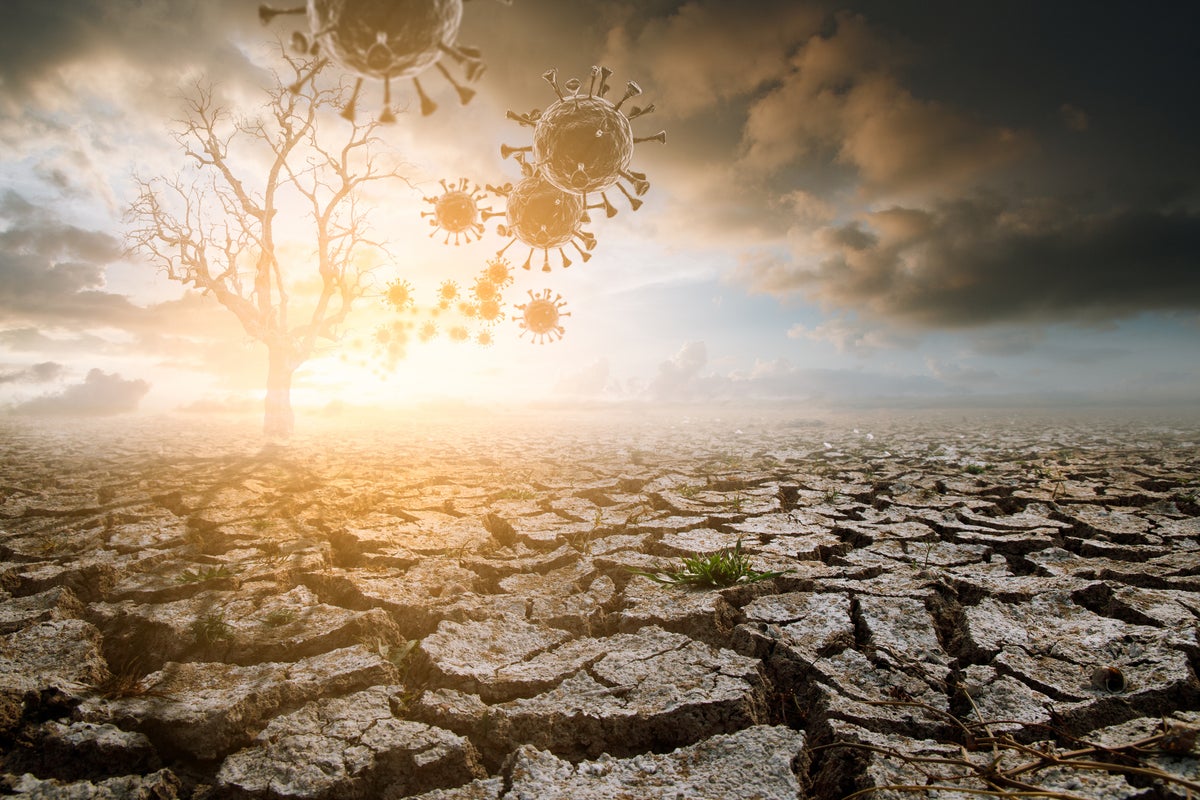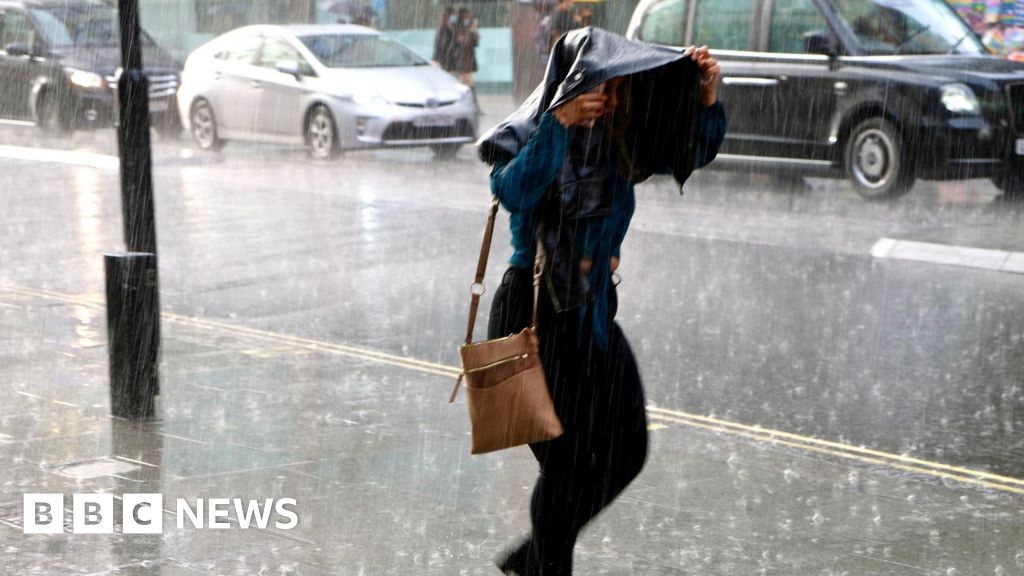A past leader of the Sierra Club recently acknowledged he was too late in realizing that curbing methane emissions should have been a priority in combating climate change.
In Europe, leaders who once led the charge against global warming are rolling back rules to address it, including their focus on methane.
For Rep. Scott Peters, the former is bittersweet, the latter disappointing. Of course, all of that is overshadowed by President Donald Trump’s policies cutting funding for U.S. climate change programs.
A San Diego Democrat, Peters for years has pushed legislation and other measures to stop methane emissions, long considered one of the quickest, most effective and economical ways to help keep the planet from overheating in the near term.
Methane has a shorter shelf life than carbon dioxide but is much more potent as a greenhouse gas that contributes to climate change. Methane is often called “low-hanging fruit” in the battle against global warming.
“I wish it had happened earlier,” Peters said about the mea culpa by Carl Pope, executive director of the Sierra Club from 1992 to 2010.
In a remarkable New York Times essay published June 23, Pope said he directed the club two decades ago to “largely ignore” methane and focus on carbon dioxide, one of the most prevalent heat-trapping gases in the atmosphere and a byproduct of burning fossil fuels like coal, oil and gas.
“In my 50 years in the environmental movement, the decision I most regret is one I made in 2005,” he wrote.
Pope said he and his colleagues knew methane, which comes from man-made and natural sources, would eventually need to be curbed but “the data suggested that it was a relatively minor contributor to global warming and could wait.
“. . . I now believe that cleaning up methane leaks from the production and shipping of oil and gas — one of the most significant sources of these emissions — is the best hope we have to avoid triggering some of the most consequential climate tipping points in the next decade,” he continued.
“I think realistically it is our only hope.”
It’s impossible to say how much the efforts to address climate change would have been affected had Pope and other high-profile environmentalists taken that view 20 years ago. But it certainly would have brought earlier attention to the need to curb methane.
For decades, Veerabhadran “Ram” Ramanathan, the now-retired renowned scientist at Scripps Institution of Oceanography at UC San Diego, had been a worldwide leader on researching short-term warming emissions, such as methane and hydrofluorocarbons (HFCs) used as coolants.
In more recent years he teamed up with Peters and others to pursue regulations restricting such so-called “super pollutants.” Congress in the past has approved phasing out HFCs.
Methane captured from petroleum and agricultural production often is sold to natural gas pipeline systems or used for power generation. But a lot escapes into the atmosphere and capping the leaks is easier than capturing carbon releases.
“This small action can have a huge impact on warming,” Peters said in an interview this week.
Bipartisan movement on efforts to better control emissions, including Peters’ METHANE Act, have evaporated for the time being.
“We’ve got really good ideas,” he said. “The industry is more on our side than Republicans in Congress.”
He said oil and gas companies want consistency, which hasn’t been the case with nearly polar opposite views on regulations between the Trump and Biden administrations.
Peters noted that he had his differences with President Joe Biden on how to control methane leaks. Despite the shared goal of stopping them, Peters said Biden officials were focused on laying out technological solutions. Peters and his allies said that could make it difficult to incorporate technological advances.
Instead, he backed setting emission standards and letting the industry figure out how to meet them.
Europe has been a key market for captured methane, making the recent retrenchment there all the more concerning.
“There’s no reason to do that. That was disappointing,” Peters said.
He attributed the rollbacks in climate change programs in Europe to pressure from growing populist conservative forces, not unlike those in the U.S.
“Just because Trump gets elected, that doesn’t change the laws of physics,” Peters said.
Things are hardly looking up in the fight against climate change, what with the Trump administration’s perspective, Europe’s shifting positions and even the former Sierra Club leader’s too-little-too-late admission.
Peters waxed philosophical when asked about Pope’s lack of timely action.
“Well, you know, planting a tree in 2005, that was the best time,” Peters said, “but now is the best time now.”
Trump policies may exacerbate climate change, but global warming was hardly on a positive trajectory before his election in November. Greenhouse gas emissions were on the rise and record temperatures were logged for the planet.
Now what does someone like Peters do?
“Get your answer ready for when the window opens,” he said.
For now, he said discussions in Congress with Republicans on methane and climate change in general have pretty much shut down.
“I don’t see the window yet. But they always come around,” said Peters, who was first elected to Congress in 2012.
“The one thing I learned early is it’s a long game.”
What they said
Hana Kiros article in The Atlantic.
“The Trump administration is about to incinerate 500 tons of emergency food. . . meant for children in Afghanistan and Pakistan.”









 English (US) ·
English (US) ·